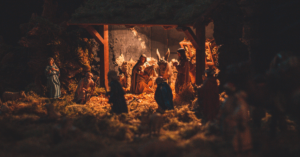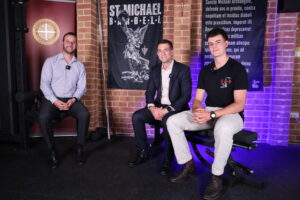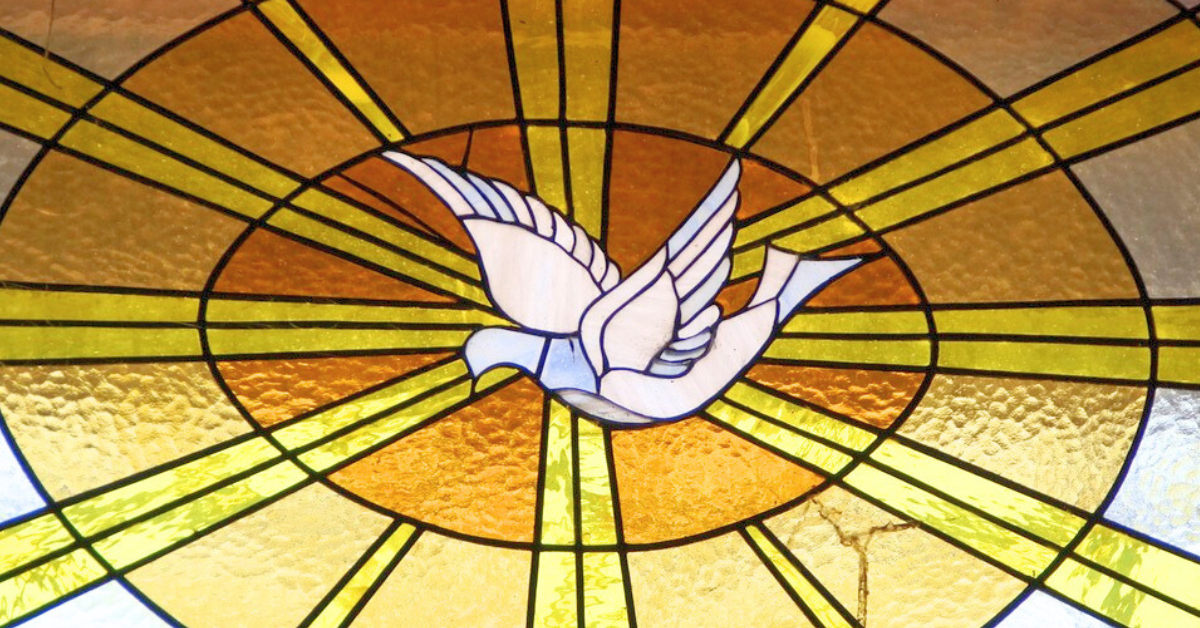
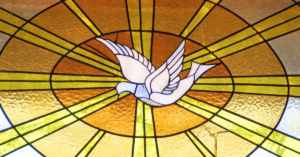
After the Easter octave, the church’s liturgy presents the drama of the early church as recounted in the Acts of the Apostles. What is immediately striking is that this drama is the work of the Holy Spirit, who gives the apostles extraordinary (and ordinary) gifts to proclaim and spread the Gospel.
This action of the Holy Spirit was foretold by Jesus in one my favourite encounters of the Gospel, the secret meeting between Jesus and Nicodemus, the truth-seeking pharisee.
Jesus says at one point, “The wind blows where it wills, and you hear the sound of it, but you do not know where it comes from or where it goes; so it is with everyone born of the spirit.” After Pentecost the apostles are transformed by the Spirit, which acts in wholly unexpected and miraculous ways. The supernatural gifts they receive are called charisms, from the Greek word, charismata, meaning “gifts of grace.”
First, he says, that each of the baptised is given the manifestation of the Spirit for the common good. This point is crucial, as charisms have always been understood as gifts in service to the other rather than us. Charisms may have “side-effect” benefits for us, but their purpose is for the common good and the building up of the Church.
St Paul then lists a number of charisms including, miracles, healing, prophecy, discernment, utterances of wisdom and knowledge, and speaking in tongues. In his letter to the Romans (12: 6-8), Paul writes of more “ordinary” charisms including, teaching, hospitality, acts of mercy and generosity, and service. A traditional way of grouping the charisms is listing them in five categories: instruction, administration, miracles, service, and prayer.
It is important to note that charisms are supernatural gifts, though they will always build on our human nature, and sometimes use our own natural talents, especially with the more “ordinary” charisms. So, for example, someone who naturally speaks well may receive a charism of teaching, thus supernaturalising this natural gift and enabling them to teach the Gospel with a power and clarity that goes beyond their natural abilities.
Similarly, someone may be a “people person”, who loves company and opening their house. They may receive the supernatural charism of hospitality, elevating their natural disposition to an evangelising power of welcome. The more extraordinary charisms (prophecy, healing, miracles, etc.) are usually given more fleetingly, but require our openness to grace and the whims of the Holy Spirit.
There is often an inherent tension in the church between institution and charism. This tension is necessary, and the church will suffer if its institutional or charismatic dimension is neglected at the expense of the other.
The church is a hierarchy (sacred order), founded by Christ with an ordained (sacramental) priesthood and episcopacy as the pillars of its institutional order. Thus, her institutional dimension is of its very nature supernatural.
Joseph Ratzinger saw this is a crucial point, highlighting that the priesthood itself should be understood and lived as a charism. This understanding helps to avoid any dichotomy between the spiritual and institutional dimensions of the church. However, around this supernatural institution there is the risk that an accretion of more secular institutional features can smother the inspiration of the Holy Spirit.
On the other extreme, charisms lived outside of the institutional church may result in extremes and distortions that result in division and harm.
An awareness and openness to charisms is an essential element of Christian life. Unfortunately, it is often a neglected element. It is Catholic teaching that all the baptised receive charisms for the building up of the church and the common good.
If only each of us could be more fully aware of these gifts that we have been given and more open to receive charisms, if only we were more aware of how important each of our baptismal calls are for the building up of the church, if only we could each be more open to the will of the Holy Spirit, only then can the church most truly be herself.
This article originally appeared on The Catholic Weekly website on 12 May 2023.
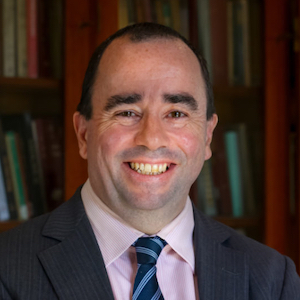
Dr Paul Morrissey
Author
Dr Paul Morrissey is the President of Campion College, and a member of the Emmanuel Community (Communauté de l’Emmanuel).



